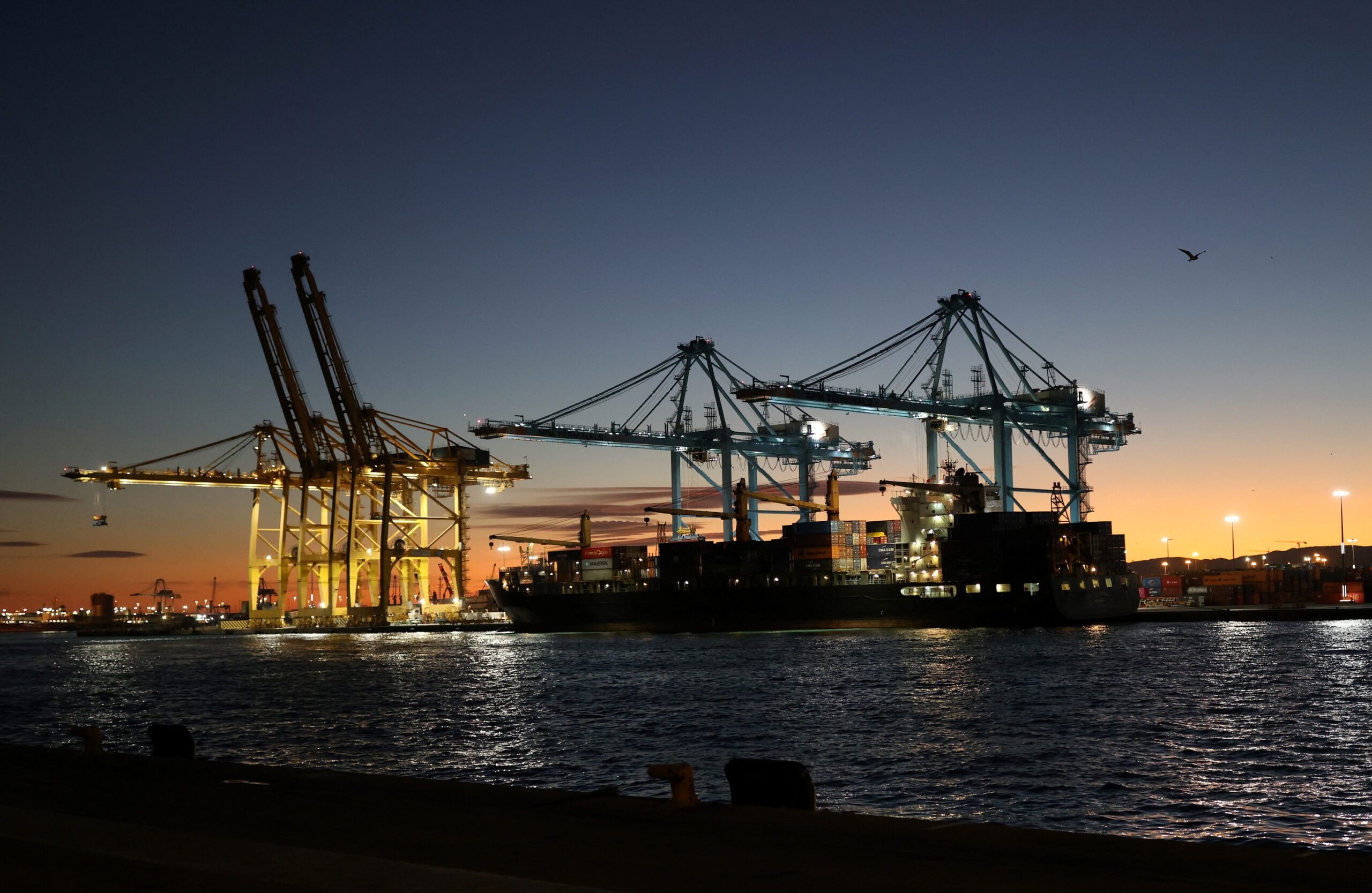Crowley’s MV Sunshine State, a Jones Act qualified tanker.
In a March 25th Op-Ed for The Washington Times, Rep. Duncan Hunter (R-CA) and Rep. Steve Scalise R-LA) come to the defense of the Jones Act, arguing that the 1920 law is critical to the nation’s economy and national security and “we would be wise not to get in its way”.
In the Op-Ed, Hunter and Scalise, both Republican members of the U.S. House of Representatives from California and Louisiana, respectively, argue that “the Jones Act should be hailed as a commercial and a public policy success” by promoting a vibrant U.S. maritime industry, which in turn “helps propel the American economy and protect vital U.S. national and homeland security interests.”
The Op-Ed notes maritime and shipbuilding projects in each of their home states, particularly San Diego’s shipbuilding industry where the world’s first LNG-powered containerships are under construction and the Gulf Coast where 10 busiest ports in the United States are found, creating 30,000 private sector jobs in Louisiana alone.
The Jones Act came under its most recent attack beginning in February when it was unfairly blamed for New Jersey’s salt shortage, leading to some bad press that the law blocked much needed salt from reaching New Jersey roadways. In reality it was poor planning on behalf of New Jersey officials that prevented the salt shipments, but it seemed that the damage had already by been done in the mass media.
A snippet of the Op-Ed can be found below:
HUNTER AND SCALISE: Making headway with America’s maritime industry
U.S. shipping contributes billions to the national economy
By Rep. Duncan Hunter (R-CA) and Rep. Steve Scalise R-LA) for The Washington Times
Those searching for signs of hope in the U.S. economy need look no further than an industry too often taken for granted — the American maritime industry. In the midst of a renaissance that is creating jobs and leading an American economic recovery, the men and women who work on U.S. vessels and in U.S. shipyards collectively contribute billions to our national economy.
The growth opportunities in the domestic maritime sector stem from the boom in domestic oil production. Leading this boom is the high demand to move the abundance of natural gas and oil being produced here at home. In fact, recent headlines have celebrated the resurgence in U.S. shipbuilding, with our home states of California and Louisiana among the nation’s shipyard leaders.
The latest example of this economic renaissance can be found in San Diego, where the construction of the world’s first liquefied natural gas-powered container ships are underway. These vessels are not only the most advanced, environmentally progressive vessels of their kind, but they also represent $350 million in U.S. investment, support 600 American shipyard jobs and brighten the future of the indispensable domestic maritime industry.
The San Diego project is far from the only notable example of the innovation and investment that is taking place in the domestic maritime industry today. Seven of the top 10 busiest ports in the United States are found along the Gulf Coast. Nearly 30,000 Louisianans work in the private sector on the front lines as they build and repair ships, earning an average salary of more than $70,000 in the process.
American companies and workers are applying American ingenuity — and investing billions of dollars — to meet the nation’s transportation needs. Whether through new vessel construction, innovative technology or rigorous safety training, at a time when other industries are suffering from uncertainty, the domestic maritime industry is investing in its future and safeguarding its resilience. All Americans will reap the benefits.
This growth would not be possible without the Merchant Marine Act passed by Congress in 1920, commonly referred to as the Jones Act, which requires that vessels moving cargo between U.S. ports be owned by American companies, crewed by American mariners and built in American shipyards. The resulting benefits cannot be understated: More than 40,000 American-owned vessels built in American shipyards and crewed by American mariners move agricultural goods, petroleum, coal, natural gas, chemicals and other essential commodities safely and efficiently along our rivers and coastlines. The domestic maritime industry supports nearly 500,000 jobs and almost $100 billion in economic output.
You can continue reading the full Op-Ed at The Washington Times’ website.
Rep. Duncan Hunter of California and Rep. Steve Scalise of Louisiana are Republican members of the U.S. House of Representatives.

 Join The Club
Join The Club











